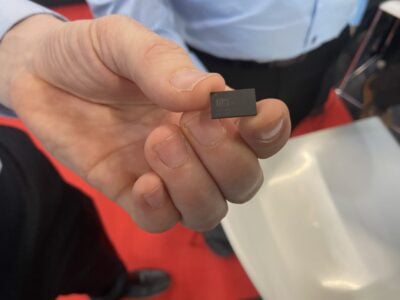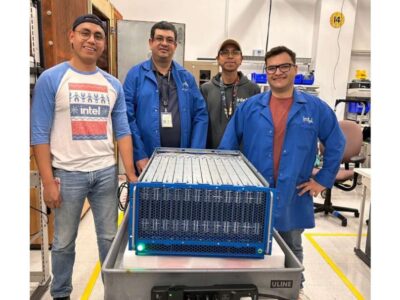
Organic flow battery can operate for decades
The ‘Methuselah’ quinone could store and release energy many tens of thousands of times over decades.
“We designed and built a new organic compound that can store electrical energy and also has a very long life before it decomposes,” said Roy Gordon, Professor of Chemistry and Professor of Materials Science. “We discovered degradation processes of the molecules that we previously used in flow batteries. Then we created new, more stable molecules that avoid these problems.”
“In previous work, we had demonstrated a chemistry with a long lifespan but low voltage, which leads to low energy storage per molecule, which leads to high cost for a given amount of energy stored,” said Michael Aziz, Professor of Materials and Energy Technologies at the School of Engineering and Applied Sciences (SEAS). “Now, we have the first chemistry that has both long-term stability and comes in at more than one volt, which is commonly considered the threshold for commercial deployment. I believe it is the first organic-based flow battery that meets all of the technical criteria for practical implementation.”
The molecule is a modified quinone, an abundant, naturally occurring molecule integral to biological processes like photosynthesis and cellular respiration. In experiments, it had a fade rate of less than 0.01 percent per day and less than 0.001 percent per charge/discharge cycle — which extrapolates to less than 3 percent degradation over the course of a year — and useful operation for tens of thousands of cycles.
The molecule is also highly soluble, meaning it can store more energy in a smaller space. It operates in a weak alkaline electrolyte, reducing the cost of the battery by allowing the use of inexpensive containment materials and an inexpensive polymer membrane to separate the positive and negative terminals.
With assistance from Harvard’s Office of Technology Development (OTD), which has filed a portfolio of patents on the technology, the researchers are seeking commercial partners to scale up the technology for industrial applications.
Related stories:
- SIEMENS GAMESA TESTS VANADIUM REDOX FLOW BATTERY IN SPAIN
- ZINC FLOW BATTERY STARTUP REBOOTS AFTER SECURING NEW FUNDING
- AUSTRIAN VANADIUM FLOW BATTERY TECHNOLOGY IN NEW OWNERSHIP
- REDOX FLOW BATTERIES GET READY FOR THE BIG TIME
- FLOW BATTERY PIONEER AIMS FOR VOLUME PRODUCTION OF CARS AND FUEL
 If you enjoyed this article, you will like the following ones: don't miss them by subscribing to :
eeNews on Google News
If you enjoyed this article, you will like the following ones: don't miss them by subscribing to :
eeNews on Google News



